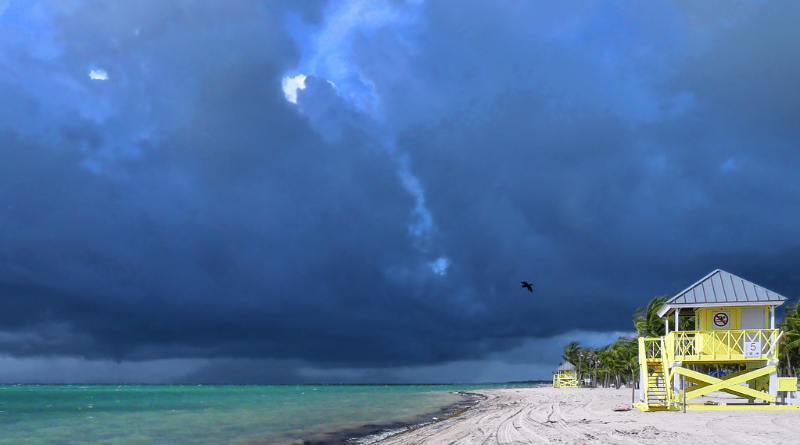T
he Florida real estate market has faced significant challenges in recent years, from the collapse of the Champlain Towers South condominium in 2021 to the devastating impact of Hurricanes Ian and Helene. The state's building safety regulations were revised after the condo collapse, requiring mandatory structural inspections for aging coastal condominiums.
However, the costs associated with bringing buildings up to current standards have been compounded by climate change, which has led to more frequent and intense hurricanes. A warming climate means stronger winds, higher storm surges, and record rainfalls during hurricane season, making these storms increasingly destructive and costly.
Researchers at Colorado State University predict an above-average Atlantic hurricane season in 2025, citing warmer-than-normal ocean surface temperatures as a primary factor. This has significant implications for the Florida real estate market, where homeowners are already dealing with steeply rising insurance premiums and the threat of hurricane damage.
The costs of HOA insurance rate hikes, triggered by extreme weather events and compounded by special assessments to pay for required work, have priced many condo owners out of the market. The median home price in Florida has dropped 3.1% in April from a year earlier, while single-family home sales fell 1.9% year over year.
Inventory levels are rising in Miami-Dade County, with homes spending an average of 81 days on the market before being sold. The region's condo market is still reeling from new building safety legislation and increased HOA fees, prompting many homeowners to put their properties on the market despite a lack of buyers.
Foreign buyers, who once propped up South Florida's condo market, are now looking elsewhere due to high interest rates, expensive prices, and restrictive immigration policies. Home sales to foreign buyers have dropped to 10% of all transactions in the region from August 2023 to July 2024, down from 50% in 2018.
The situation is further complicated by the potential for another devastating storm to hit Florida, with FEMA facing funding challenges that could limit its ability to provide adequate assistance. The state's real estate market can't take much more of this stress, and it remains to be seen how the situation will unfold.














